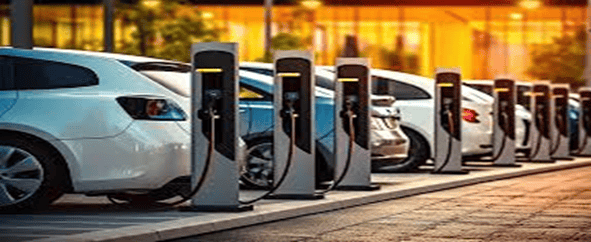With the count of Covid 19 cases in India surpassing 15 lakhs with more than 5 lakh active cases, testing comes out to be one of the most crucial weapons to control the spread, cause if a person who is a victim of the virus, is tested and taken care of at the right time, spread of the virus can be decreased.
Currently, RT-PCR is the standard Covid test carried out in the country, giving results in 5-6 hours. The cost of such test being between 2200-3000 in case of a private laboratory. While RT-PCR is the standard test advised for the detection of virus, it has proved to be both expensive and time consuming. Considering these factors, the ICMR (Indian Council of Medical Research) has advised the combined use of rapid antigen kits with RT-PCR test. The only requirement of the antigen test is the blood sample of the person. It is faster and cheaper as compared to RT-PCR since it gives result in just 30 minutes and costs between Rs 500-600.

(Source: Outlook India)
Since the ICMR has approved the use of antigen/antibody kits, such kits are being imported from China and supplied in various parts of the country. An astounding fact came into light when there aroused a dispute between Rare Metabolics Life Sciences Pvt Ltd, distributors of antigen kits and Matrix Labs (importers of such kits). Details provided in the Delhi High Court reveal that the kits procured from China, whose delivered cost was ?245 a test, were sold to ICMR for ?600 a test i.e. a mark-up of 145%. The matter is still being dealt but once resolved the price of such test would drop down to as low as ?300 per test. This being the very first attempt by any Indian agency to procure kits, thus rates stated by the bidders was the only reference point.

(Source: The Statement)
With China facing record breaking rains over the past few weeks, leading to floods in various parts and blocking almost every mode of transport, importing testing kits has become a challenge for the government. The government had placed an order for seven lakh kits with Chinese firms, who were supposed to deliver the consignment by April end. Due to the shortage of cargo planes and the adverse weather conditions the consignment are stuck at ports. Delay in delivery of kits has led to postponement in the testing process. In the wake of the situation, the Modi government has given a green light to made-in-India test kits along with accepting kits from South Korea, Germany and France. Recently France has sent ventilators, test kits and other medical equipment to India to help us fight the battle against coronavirus. Such kits would first be made available in areas with high number of Covid-19 cases as well as areas with larger migration and evacuees base.

(Source: Firstpost)
While resolving present problems, the government is also preparing itself for the future. Negotiations are in full swing with respect to matters concerning vaccine to avoid any last moment glitches. At least nine vaccine developing candidates are being monitored by the government, of which the one with the brightest hope being Oxford AstraZeneca. UK has begun phase 2/3 trial for the vaccine and Brazil has begun phase 3 trials. A Pune based serum institute has partnered with AstraZeneca for the production of the vaccine in India if successful and approved. Discussions have also begun among officials deciding whether the vaccine once it hits the market should be given only through government hospitals and healthcare centres or private hospitals should also be involved. Although, vaccine trials have begun, the WHO has still warned the people to take precautionary actions and follow social distancing norms as the danger still prevails.
Written by- Krati Bhansali
Literary Source: The Hindu, The Indian Express




